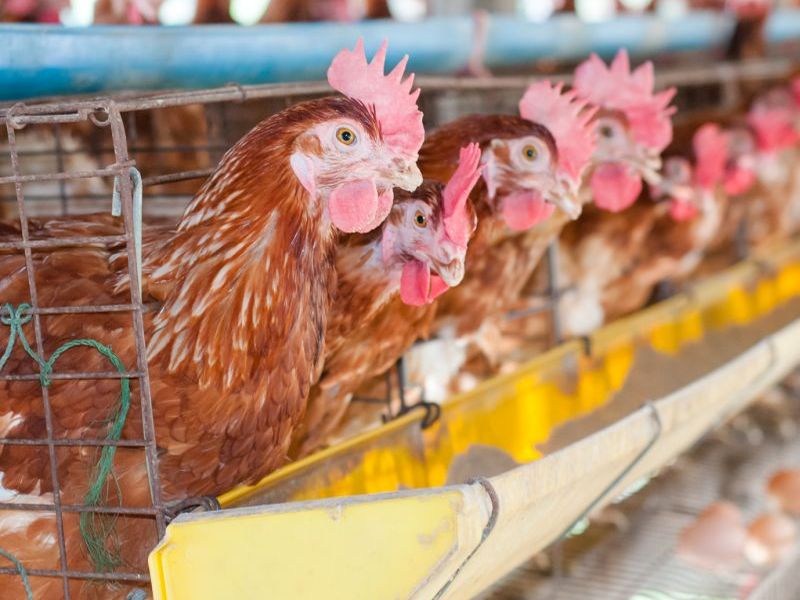Coronaviruses in Poultry, Livestock Pose No Danger to Humans, Expert Says
2 min read 
WEDNESDAY, March 4, 2020 (HealthDay News) — Coronaviruses that are common in poultry and livestock worldwide don’t jump to humans, but those found in wildlife are another matter, an expert says.
“In wildlife, bats are known to carry over 100 different strains of coronavirus, and wild civets are the source of the coronavirus that causes SARS (severe acute respiratory syndrome), first reported in China in 2002-2003,” said Heather Simmons, a Texas A&M AgriLife veterinary epidemiologist.
“Although our understanding is still limited, wild pangolins (a scaly anteater) sold at live markets may be associated with the recently reported coronavirus outbreak in China,” Simmons said in a Texas A&M news release.
So far, that outbreak has infected more than 93,000 and killed 3,198 people in more than 77 countries, according to the World Health Organization.
Simmons noted that bats, civets and pangolins are all commonly sold at live markets in China, the epicenter of the outbreak.
Coronaviruses from wildlife are dangerous because they have the potential to mutate, adapt and jump to humans.
“That is the concern now, this new strain of coronavirus has emerged to cause disease in humans,” Simmons said. “It is important to create an understanding of the difference between coronaviruses occurring in domestic livestock and poultry compared to coronaviruses that spill over from wildlife to humans.”
Coronaviruses in livestock are not considered reportable diseases because their main impact is economic harm to livestock producers, Simmons said.
While a coronavirus called MERS (Middle East respiratory syndrome) can be transmitted from dromedary camels to humans, other coronaviruses that affect domestic animals have not yet infected humans, she noted.
“That’s what is very important to understand at this time,” Simmons said. “We have been dealing with these diseases for a long time, but as of yet, we have not seen cases worldwide transmitted from livestock to humans or vice versa.”
While coronaviruses have a high rate of illness in livestock and poultry, they generally have a low death rate, according to Simmons.
In livestock and poultry, coronaviruses will affect either the respiratory system or the gastrointestinal system, depending on the species and the age of the animal.
— Robert Preidt

Copyright © 2020 HealthDay. All rights reserved.
QUESTION
Bowel regularity means a bowel movement every day.
See Answer
References
SOURCE: Texas A&M AgriLife, news release, Feb. 28, 2020








